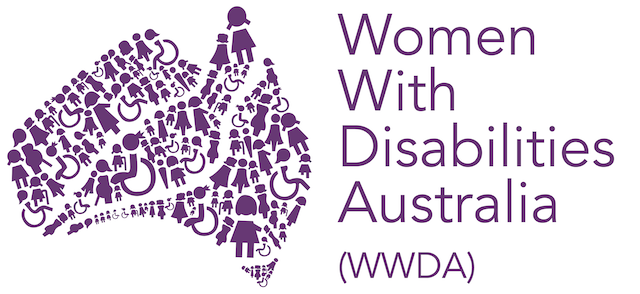As the start of a new school year looms closer I am struck with an overwhelming sense of dread and inadequacy. The fear of not gaining the academic validation that I have been taught to strive for, overrides the immense joy I have for learning.
School is no longer for education.
It is for worth.
This process of thinking began in primary school. I was around eight years old when a teacher figured out that I wasn’t just simply choosing not to listen in class, rather that I am dyslexic and have auditory processing disorder.
Throughout primary school I never fully understood what these diagnoses were. I am not sure if I even knew I had them. What I did know was how little my work compared to my peers. I could not figure out why everyone seemed to do better than me, but I knew it made me less worthy.
We are taught from a young age that academic intelligence stands above all. That this intelligence can be used as a measure of how well we contribute to society.
You can see this by who is considered successful in the media. Quite often able-bodied white men that have “worked” for their extensive wealth and have a plethora of achievements that are usually attributed to their intelligence. We constantly get told that those who beat the capitalistic system we live in are intelligent, they are smarter than us, they have worked harder than us and therefore more deserving of a comfortable life.
I have found that being disabled means that I will never be considered as a good contribution to our society. I will never be cost effective. And I will always be seen, by some, as a strain on the economy, a waste of resourses.
I can pinpoint the exact moment I realised I was not good enough. It all started with simple statements that have been said in multiple variations by every teacher I have ever had from primary school through to college;
“If you put effort in, you’ll be able to get it done”
“If you try hard enough, you’ll have no homework”
“If you do your best, you’ll get a high grade”
If I put effort in. If I try hard enough. If I do my best.
But I always finished my work later than my peers, I always had homework and I never got high grades. So, I must not be trying.
As I grew as a person I began to understand and accept my learning disabilities, as well as the disadvantages I have to face because of them.
I have grown to realise that sometimes, no matter how hard I try or how much effort I put in, my best will not meet the standards of others. And that’s okay. I don’t need straight A’s to know that I understand what I learnt. Academic success or intelligence does not determine my worth.
Yet the thought has never left my mind.
Am I trying?
Even in my final year of college I fear turning in assignments.
A low grade is my fault for not putting in effort.
A high grade is a mistake.
It has created this sort of complex in my mind; striving for academic validation and always feeling as if I need to put more effort in. Causing every achievement, I have made throughout my life to seem miscredited. Contrasted with any hurdle I face in education feeling completely my fault. I am constantly conflicted between not wanting to “lose” and not being able to accept any kind of accomplishment.
All this from one simple statement. A statement that was never meant to cause harm. But simply avoiding statements that connect grades to worth will not get to the root of the problem. No matter what a teacher says, or how much they try to help disadvantaged students, the Australian Education System will still be fundamentally designed to weed out those who do not fit into the extremely specific mould of who is worthy in our society.
The assumption that every student has the same opportunity to succeed academically is wrong and we, as a society, should be striving to make it true.
Education should be about the learning of all, not just the learning of few.
Nonetheless I have continually burnt myself out in the effort of overcoming this in the hopes that I will achieve my long-term goal of being accepted into university. I have accomplished things that primary school me would have never thought was possible, not because of a lack of barriers but despite them.
Gipsy is a young disabled person in her final year of college. She has a passion for writing and human rights.

![[Image: Young girl wearing all black sitting cross-legged with an exhibit of her art behind her.]](https://wwda.org.au/wp-content/uploads/2023/04/Gipsy.png)